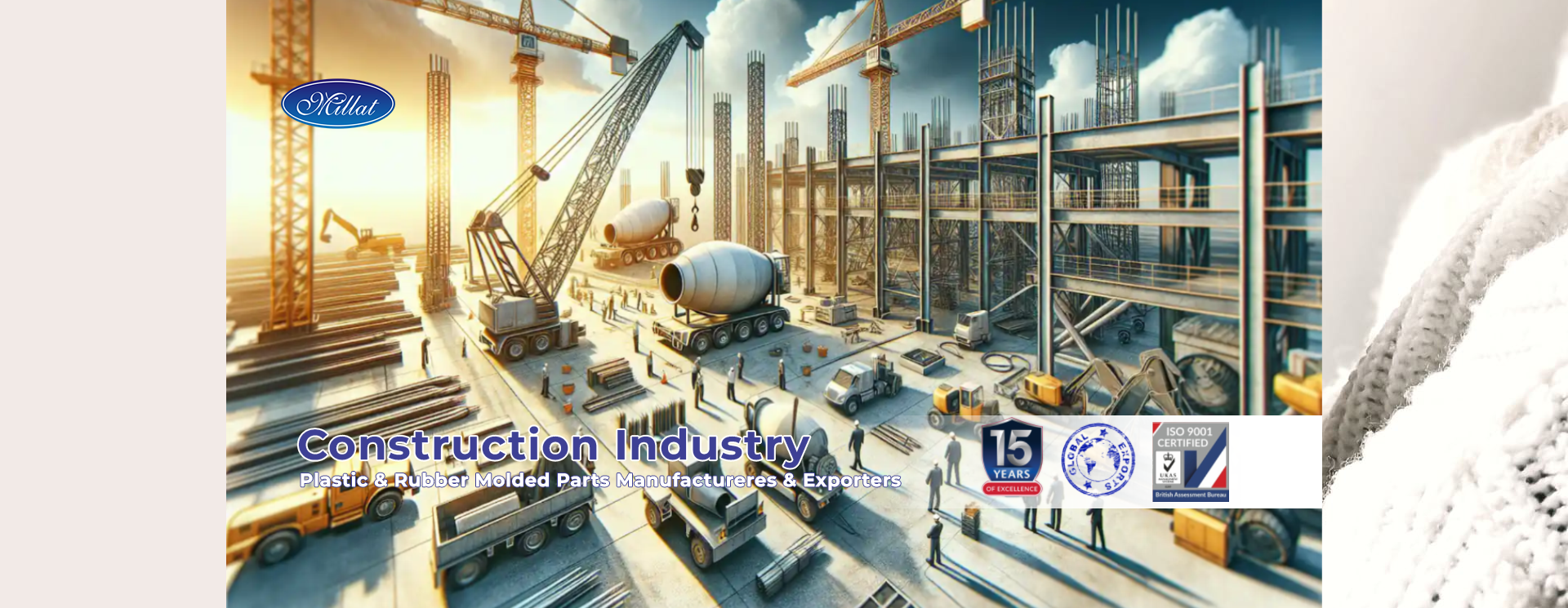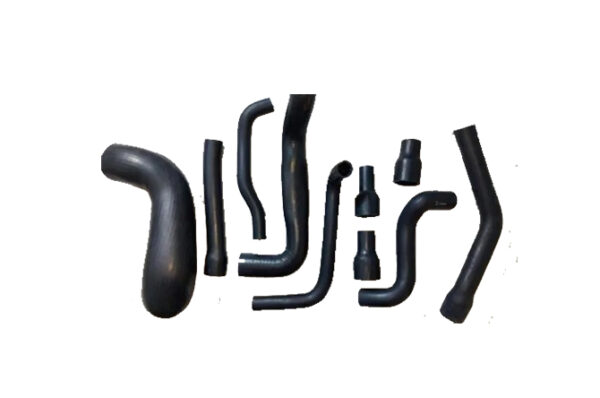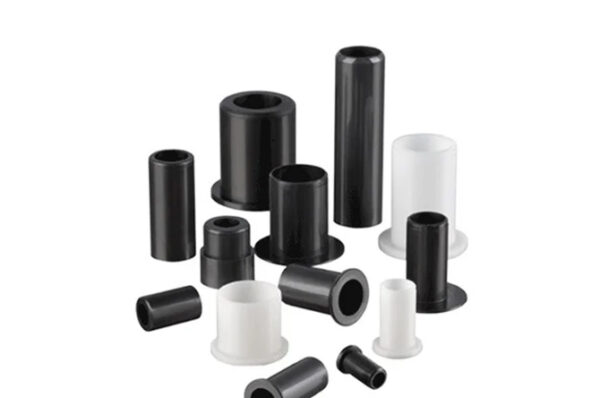The automotive industry, often referred to as the automotive sector, encompasses the design, production, marketing, and sale of motor vehicles. This vast ecosystem is more than just passenger cars—it includes commercial vehicles, trucks, buses, and an intricate network of supporting activities.
An Industry Defined by Scale and Complexity
The automotive sector operates on a global scale, integrating sophisticated supply chains and advanced manufacturing processes. From assembly lines to sales networks and after-sales services, every phase of the value chain works cohesively to address the mobility demands of populations worldwide.
Shaping the Future: Technological and Environmental Shifts
As the world moves toward more sustainable and innovative solutions, the automotive industry is undergoing profound changes. The rise of electric vehicles (EVs), autonomous driving technologies, and shared mobility solutions is revolutionizing traditional practices and opening doors to new economic and societal possibilities.
Automobile Manufacturers: Driving Global Mobility
Automobile manufacturers are the cornerstone of the automotive sector, leading in the design, production, and distribution of vehicles. From large multinational corporations to niche producers, these companies are instrumental in fostering innovation and catering to diverse consumer needs.
Categories of Automobile Manufacturers
- Generalist Manufacturers: Offer a wide range of vehicles, including compact cars, sedans, SUVs, and light trucks.
- Luxury Brands: Focus on high-end vehicles with superior design, performance, and cutting-edge technology.
- Specialized Producers: Cater to specific markets, such as utility or sports vehicles.
- Electric Vehicle Innovators: Companies like Tesla are pioneering sustainable mobility through EVs and advanced technologies.
- Niche Manufacturers: Focus on small-scale production with unique features for specific markets.
- Value-Oriented Producers: Deliver affordable, practical vehicles for budget-conscious markets.
Collaborative Ecosystems in the Automotive World
Automobile manufacturers increasingly collaborate with technology providers, startups, and even companies from unrelated sectors to accelerate innovation. Partnerships in areas like autonomous driving, smart infrastructure, and connectivity are shaping the future of mobility.
Automotive Equipment Manufacturers: Innovators Behind the Scenes
Automotive equipment manufacturers play a critical role in supplying components and systems integral to vehicle performance, safety, and comfort. These suppliers specialize in areas like propulsion systems, advanced electronics, safety features, and connectivity technologies.
Types of Equipment Manufacturers
- Tier 1 Suppliers: Provide complete systems such as braking mechanisms or seating solutions directly to automakers.
- Tier 2 Suppliers: Deliver parts and subassemblies like raw materials or individual components to tier 1 suppliers or automakers.
With their focus on innovation, equipment manufacturers drive advancements in electric, hybrid, and connected vehicle technologies, ensuring the industry’s adaptability to new challenges.
Challenges and Opportunities in the Automotive Sector
The automotive industry is at a pivotal moment, tackling various challenges while embracing transformative opportunities.
- Electrification and Sustainability: Reducing emissions and adopting eco-friendly technologies are top priorities.
- Autonomous Driving: The race to develop safe, driverless vehicles is reshaping R&D investments.
- Connectivity and Cybersecurity: Ensuring robust vehicle communication while protecting against cyber threats is critical.
- Evolving Business Models: Shared mobility and subscription services are redefining car ownership.
- Supply Chain Adaptation: Managing disruptions and improving resilience in global supply chains is more important than ever.
- Meeting Consumer Expectations: Rapidly evolving consumer preferences demand continuous innovation and customization.
Navigating the Automotive Evolution with Expertise
Industrial Performance Optimization
SNECI specializes in enhancing industrial processes to boost efficiency, quality, and cost management. By implementing Lean methodologies, conducting audits, and refining supply chain operations, we help businesses achieve competitiveness.
Expanding Business Horizons
Our business development services include market analysis, strategic partnerships, and customer engagement. With an extensive international network, we facilitate market entry and growth opportunities.
Driving Decarbonization Efforts
We support automotive players in calculating, certifying, and reducing their carbon footprints. Our tailored decarbonization strategies enable businesses to align with sustainability goals.
Transform Challenges into Opportunities
Innovation, adaptability, and sustainability define the automotive industry’s future. To navigate this evolving landscape, companies need strategic guidance and specialized expertise.




